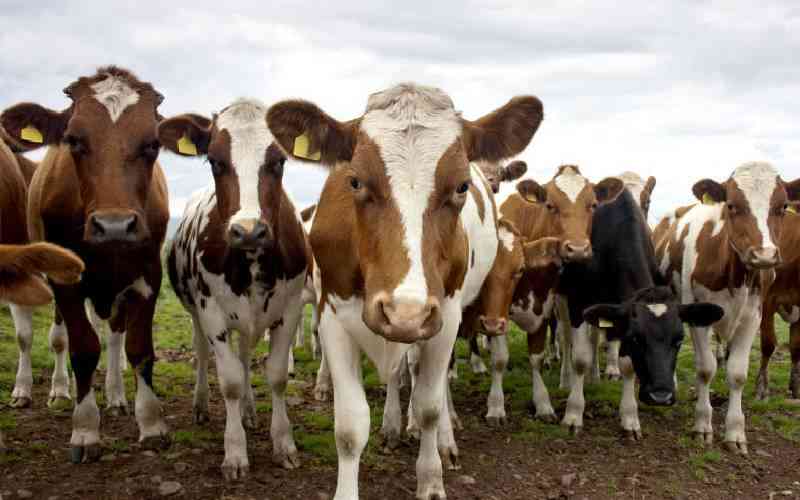×
The Standard e-Paper
Stay Informed, Even Offline

A lot of farmers count their eggs before they hatch, but the experienced ones will tell you it is never a guarantee that your pregnant livestock will deliver.
I once remotely reared goats, tracked their wellbeing and got excited whenever one or more conceived, knowing the breed's tendency to deliver triplets. Misfortunes would come and my excitement dimmed with reports that a goat either miscarried or experienced stillbirth. The blame would be quickly directed to imaginary diseases and reduced fertility rates.